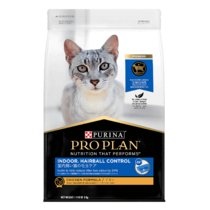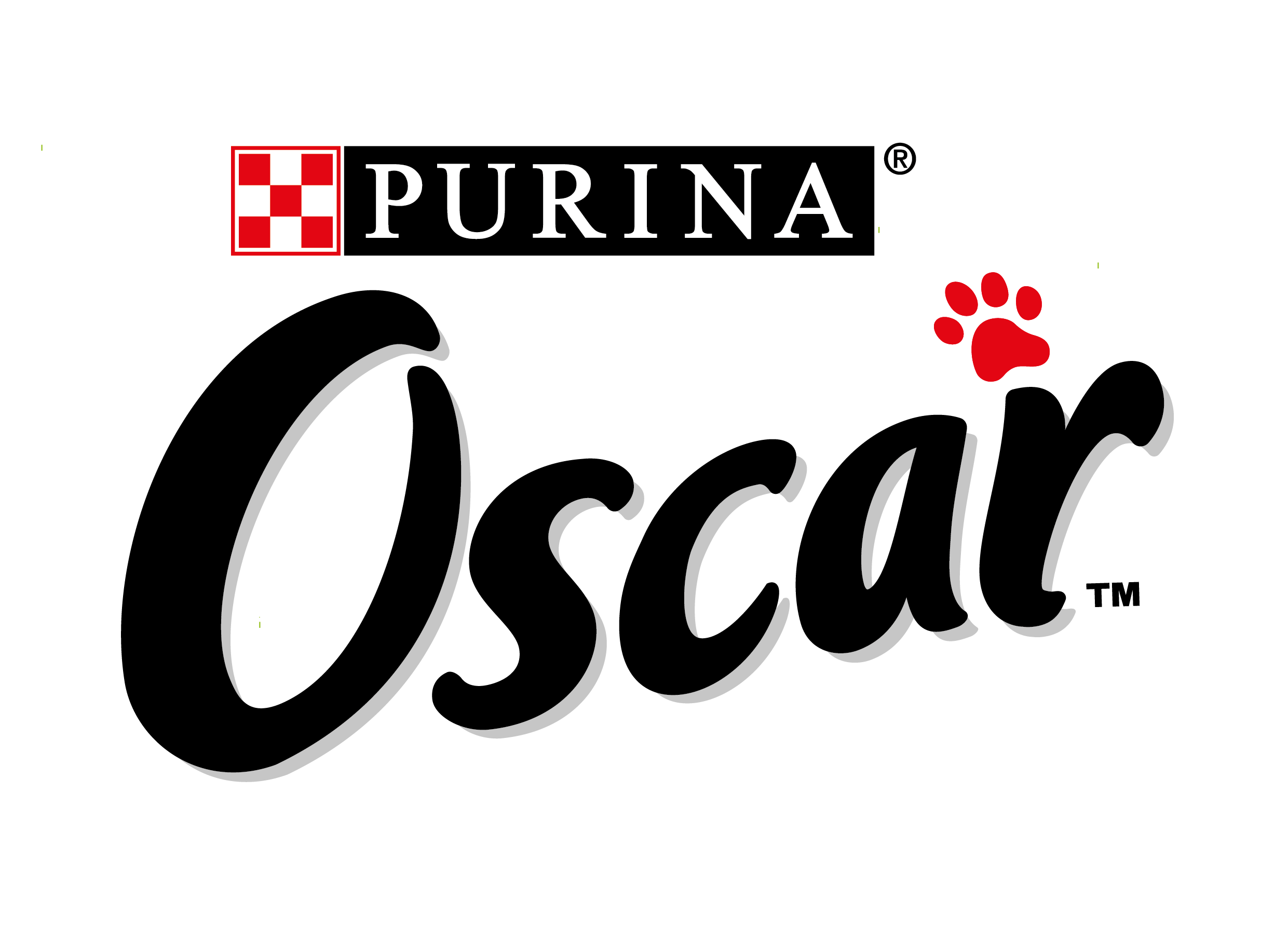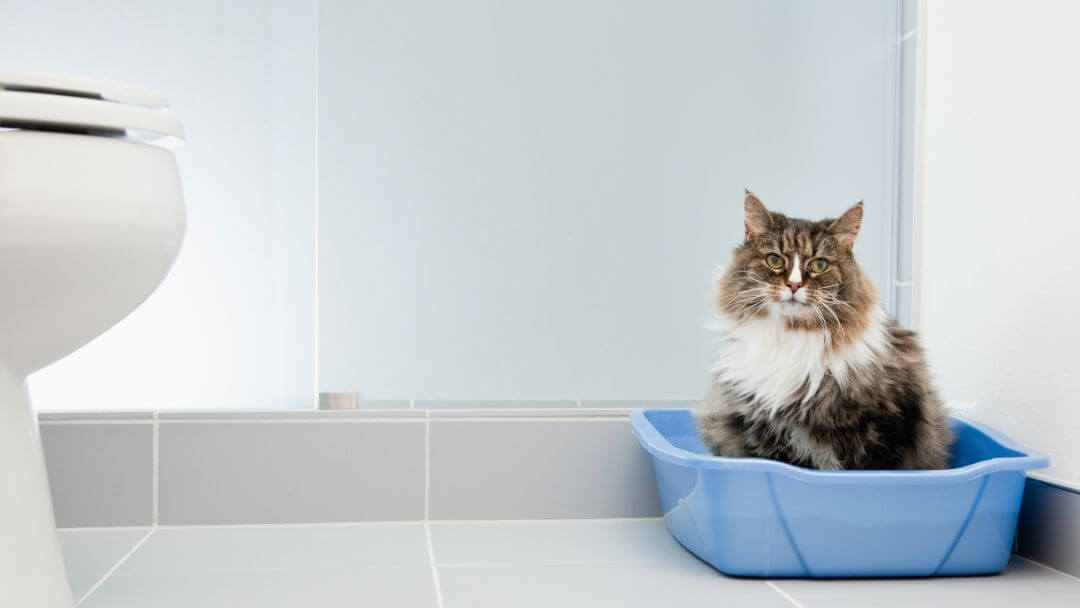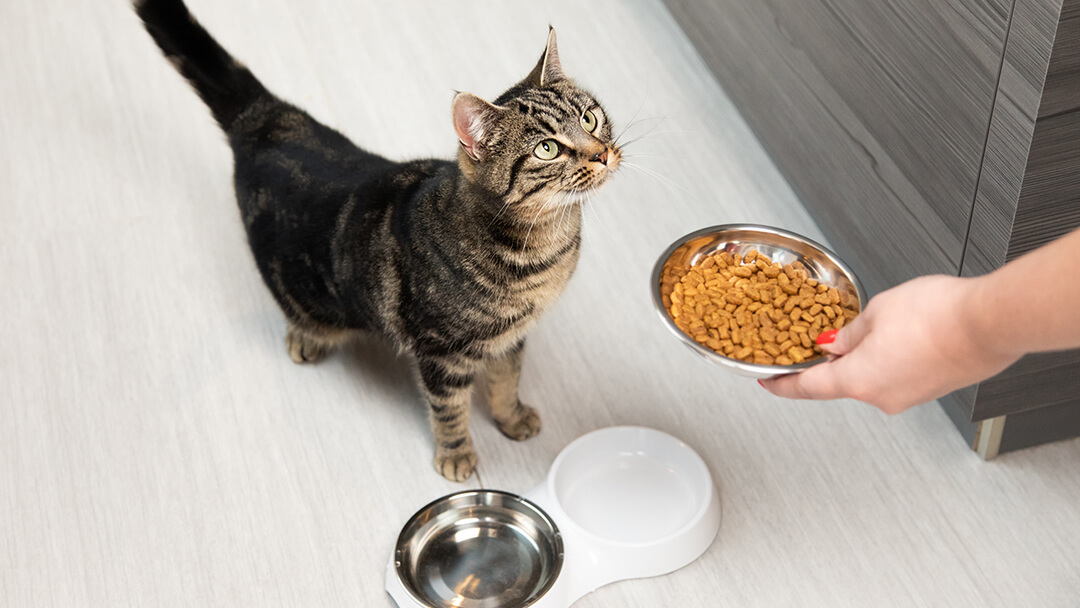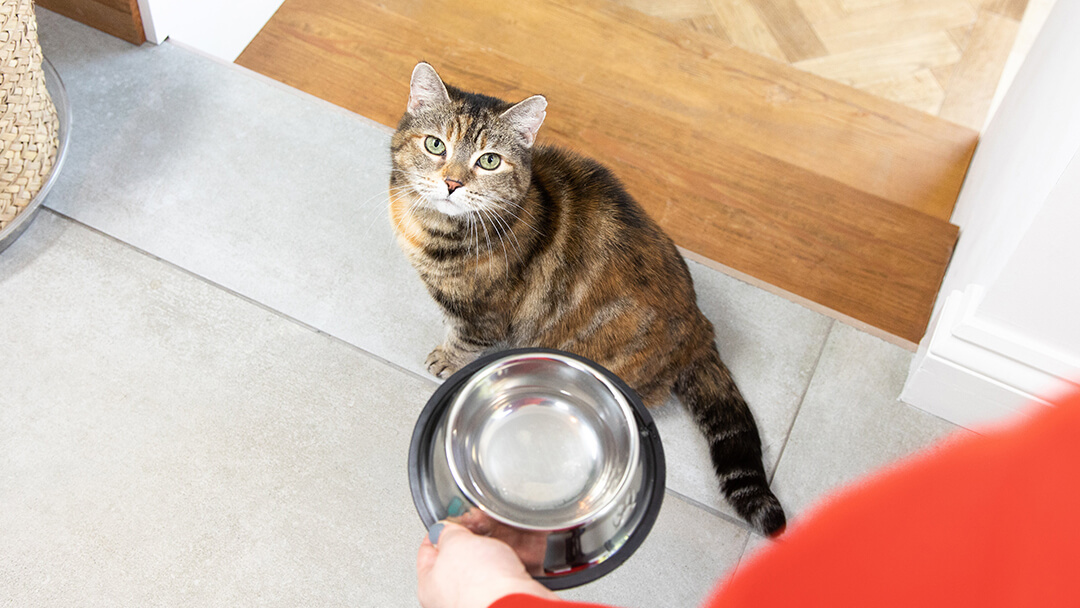
Most cat owners will be used to seeing their cat vomit from time to time without being overly concerned. Usually the occasional vomit is a result of a minor problem such as overeating or playing too vigorously immediately after dinner time.
However, if your cat is vomiting more frequently, it can be a sign of a more serious condition which requires immediate veterinary attention. Chronic vomiting (lasting a number of days to weeks) can be due to gastrointestinal or systemic (whole body) disorders.
What is cat vomiting?
Vomiting is the forceful expulsion of stomach contents through the mouth. It should be differentiated from the more passive regurgitation in which expelled food is more gently brought up from the oesophagus with no stomach contractions. Vomiting cats usually show signs of nausea including drooling, lip-licking and excessive swallowing before they throw up.
Potential causes of vomiting in cats
If your cat is vomiting, it can be due to a wide range of causes and in chronic cases it is vital for your veterinary surgeon to find out the exact cause in order to determine the optimal treatment for your cat. Common causes of your cat being sick include:
- Hairballs.
- High speed of eating.
- Sudden dietary changes or the introduction of new food without a gradual transition.
- Ingestion of something inappropriate such as spoiled food, toxins or foreign bodies.
- Intolerance, allergies or sensitivities to certain food ingredients.
- Gastrointestinal infections, such as viruses, bacteria, fungi or parasites.
- Inflammatory bowel disease (inflammation of the stomach and/or intestinal tract).
- Tumours of the stomach, bowel or other organs.
- Diseases affecting other parts of the body such as kidneys, liver, pancreas or thyroid gland.
Treatment when your cat is being sick
Following a single episode of vomiting, check your cat for any other signs of illness such as listlessness, fever or diarrhoea. If possible, locate and remove any item which may have caused your cat to vomit in the first place, and also remove your cat’s food bowl for a few hours.
Continue to provide water and try to encourage your cat to drink. If your cat’s vomiting has stopped offer your cat a little bit of food, and if your cat keeps that down then continue to offer small quantities of food at frequent intervals.
Do this for the next day or so before resuming normal feeding thereafter if all is well. Do not give any human or over-the-counter medications to your cat without specific advice from your vet.
When should I call my vet?
You need to call your vet if your cat’s vomiting is persistent and/or if:
- There is blood in your cat’s vomit.
- You suspect your cat has eaten something poisonous.
- Your cat has a fever or is depressed.
- Your cat is trying to vomit but nothing comes out.
- Your cat appears to be in pain.
- Your cat’s gums are yellow or very pale.
Optimal food for cat vomiting
If your cat is vomiting, they may benefit from a specific cat food with the following attributes:
- High quality, highly digestible ingredients to reduce stomach workload and help improve food tolerance in case of gastritis.
- Restricted number of protein sources to reduce the risk of an allergic reaction or adverse gastrointestinal reaction, which can cause vomiting.
If your vet suspects a food allergy is the cause of your cat’s vomiting then they may recommend a hypoallergenic diet formulated with hydrolysed proteins. These are proteins which are broken down into small pieces which are unable or highly unlikely to cause an allergic reaction.
If hairballs are the cause of your cat’s vomiting then (as well as frequently grooming your cat to reduce hair ingestion) it is advisable to feed a diet containing fibres to help minimise hairball formation by improving transit of ingested hair through the cat’s gastrointestinal tract where it can be safely expelled in faeces.
Talk to your vet about which diet they would recommend in case of a poorly or vomiting cat.



